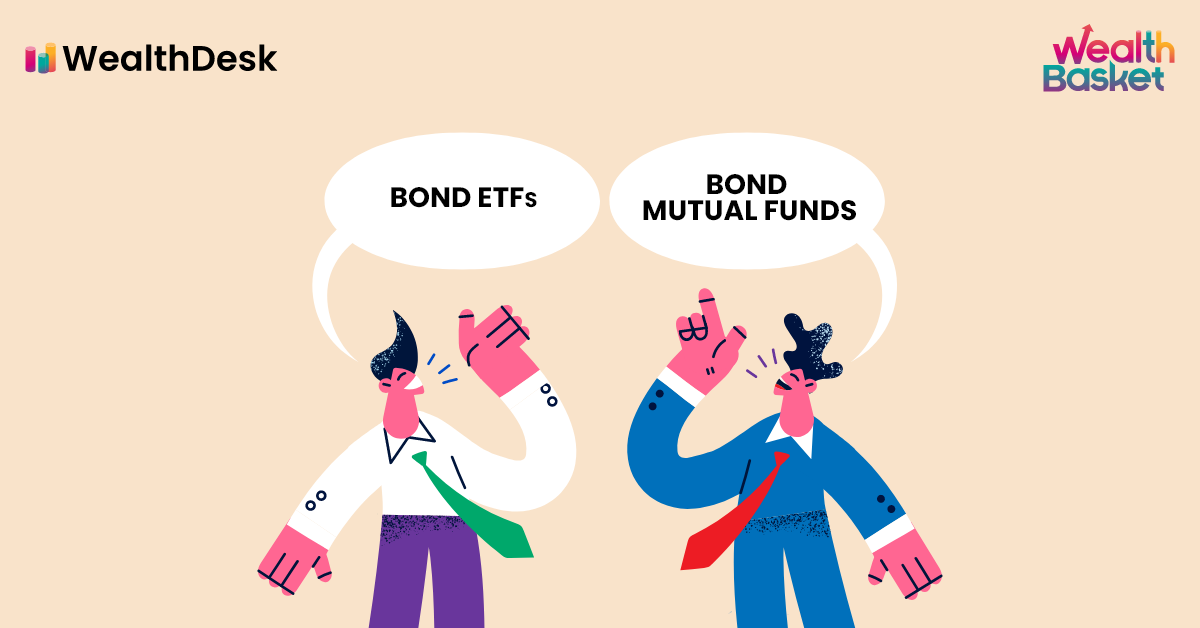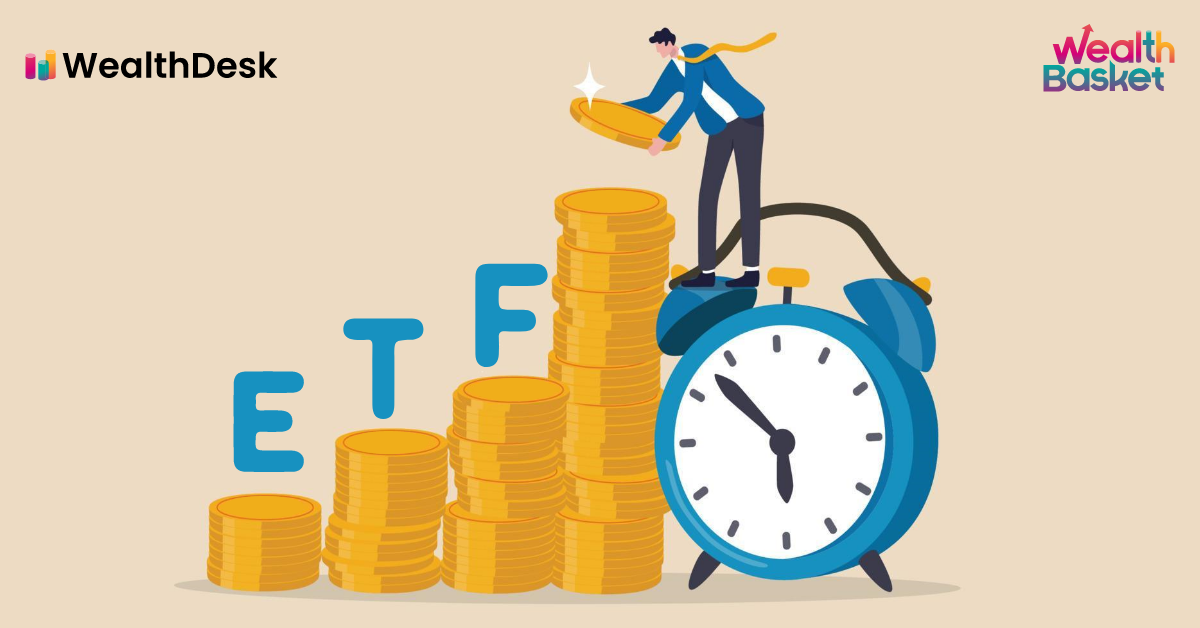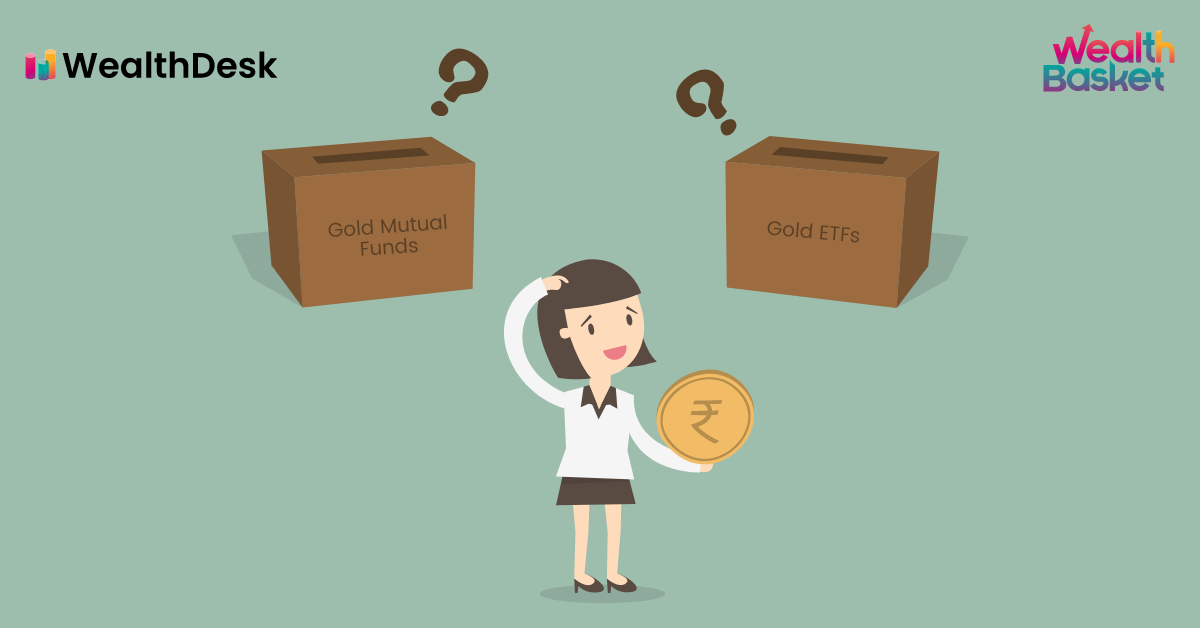Exchange-traded Funds (ETFs) are traded just like stocks on an exchange. These funds offer a wide variety of sectors for investors to choose from and help create a diversified portfolio for a low-risk investment. It provides a high investment return setup subject to various investment risks associated with it.
Instead of owning individual stocks or bonds of companies or commodities in the preferred segment, an investor can invest in ETFs with a lower cost than an actively managed open-ended mutual fund. A fraction of the amount is required to enter the ETF world.
What are the Risks of Investing in ETFs?
Trading Risks In ETFs
The most lucrative feature of an ETF is that an investor can trade it on a stock exchange just like a regular stock. However, this freely tradable feature could be counter-productive for investors if they are active, trying to time the market, and get sub-par returns, thus eliminating benefits such as low fees.
Even highly paid fund managers managing billions of dollars worth of assets fail to perfectly time the market.
ETF Liquidity Risk
An investor may find themselves in a situation where they have invested in an ETF with low trading volume and large spreads between bid and ask rates, unable to close the position at their desired price point. Such a situation can cause substantial loss, and investors will face a liquidity risk in a class of assets.
Portfolio Risks in ETF
A portfolio of assets focused solely on a specific kind of asset or assets located in a particular country could be subject to portfolio risk. This is because such types of assets have symmetrical return curves. Hence, when a significant event considerably affects that particular asset type, the portfolio could lose a considerable portion of its value relatively quickly. Portfolio risk comprises market, political, and business risks.
These are explained below for better comprehension:
ETFs and Business Risk
When the company whose shares are bought by the ETF underperforms or has a negative public perception due to events, such as fraud and mismanagement, the share price of the company and the price of ETFs are negatively affected. Such a risk is known as a business risk.
ETFs And Market Risk
A situation where the overall stock market has been affected negatively due to factors that may not be directly linked to the stock of the company will negatively impact the company’s stock too. It may invariably affect the prices of the Equity ETF that have bought in the stocks.
Political Risks may affect ETFs
A significant change in a country’s political environment could destabilise the stock market, leading to negative advances in ETFs based on stocks or the index used in the country.
Tracking Error
The difference between the returns of the index from an index fund is called a tracking error. Such a difference could be a combination of fees charged by the fund and the fund’s inability to rebalance the portfolio to match the returns provided by the index.
Mostly, the difference is in fractions of percentages, but situations may arise where the difference rises significantly.
Tax Risk
Lower tax liability is another considerable advantage and selling point for ETFs. An investor who is unaware of tax implications on investment and returns from ETFs may end up paying high amounts of taxes.
The issue of taxes gets complicated, mainly when ETFs include stocks of foreign companies or complex financial instruments like derivatives. Funds using derivative instruments are leveraged and inverse funds.
An actively managed fund may also pay benefits in the form of returns without the need for an investor to sell his holding.
Tax liability in the case of commodity ETFs is calculated differently depending on the structure of the fund.
The investor needs to carefully scrutinize the history of returns provided by the ETFs and tax consequences on such returns for ensuring tax efficiency and avoiding overpayment of taxes.
Decreasing Fluctuations and Price Discovery
An investment in ETFs is a passive investment; it is an indirect investment in shares or bonds of the company or commodities, as the case may be.
Due to its various benefits, there has been a notable rise in the number of investors and investments switching from actively investing in the stocks directly in the market to passive investing in ETFs.
The above two factors may lead to more miniature trading in the stocks-on-an-exchange, leading to lower price discovery and lower performance of markets, indices, and ETFs.
Conclusion
Now we know that ETFs may be a safer investment than stocks, but they are not entirely risk-free. If most investors decide to invest in ETF stocks, we will have no one to trade in the primary markets, breaking the whole market because trading in primary markets is the main reference point for deciding the price for a particular stock.
Get started on your investing journey with WealthDesk now.
FAQs
Despite all the advantages, it does not make ETF investments risk-free. Every investment in a market is subject to some level of market risk. It may be either a relatively high-risk or low-risk investment, but it cannot be risk-free unless the ETF comprises a collection of only government bonds and no other security.
In the event of delisting of the company issuing
ETFs, the investors would have no option other than
trade the shares held at a significantly discounted
price.
ETFs in India have experienced a
significant rise over the last five years, reaching
new highs in assets under management of INR 2.8 lakh
crores, an over 100% increase over the one-year
period.
Hence, it is essential to know
and understand the ETFs, their investment thesis,
and the ETF risks associated with them well before
investing any amount into the ETF instruments.
A person should decide the holding period for the ETF investment depending on their risk-taking ability. A holding period of more than one year will be regarded as ‘long-term,’ and a holding period of a year and less than a year is regarded as short-term.
Similar to stocks, ETFs have an inherent investment risk as the price of an ETF stock is dependent upon the prices of stocks, bonds, or commodities that it is made up of. Hence, if the prices of such underlying investments go down, the price of ETF stock will also move downwards decreasing value for investors.


















